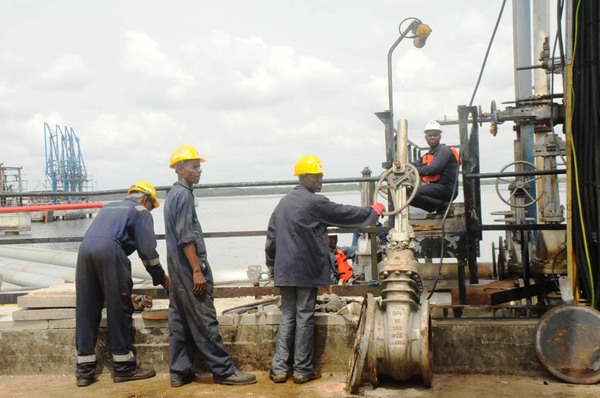Unless urgent actions are taken, Nigeria, a leading crude oil producer, may soon need to import crude oil. This warning came from the Independent Petroleum Producers Group (IPPG) yesterday. The group also painted a bleak picture, warning that Nigeria might not be able to meet its own refinery crude needs in the near future.

Mr. Abdulrazaq Isa, the Chairman of IPPG, shared these concerns during his speech at the ongoing Nigeria Oil and Gas (NOG) 2024 Energy Week in Abuja. He explained, “If this production trend continues, we may soon reach a point where our domestic refining capacity, which is approaching 1.2 million barrels per day, surpasses our current crude oil production. This could lead to a situation where Nigeria cannot meet its own refinery needs or even has to import crude oil, which would be a dire scenario.”
The challenges faced by the Dangote refinery and other modular refineries in accessing local crude oil have forced the 650,000 barrels per day Dangote refinery to start importing crude oil from the United States. Additionally, the country’s partial 2024 budget implementation is at risk due to an estimated deficit of 400,000 barrels per day (bpd) from the forecasted 1.78 million bpd.
Despite some positive changes and government policies, Isa emphasized that the industry needs extraordinary efforts to ensure sustainability. Nigeria has a world-class hydrocarbon resource base with over 37 billion barrels of proven crude oil reserves and 207 trillion cubic feet (tcf) of proven gas reserves, but the daily production has dropped to about 1.3 million barrels of oil and 8.5 bcf of gas, which is far below acceptable levels.
To address these issues, IPPG has identified four priority areas: concluding pending International Oil Companies (IOCs) divestment transactions, addressing deepwater development and production, adopting a national value-retention strategy, and developing Nigeria’s gas resources to boost economic growth and support decarbonization.
Isa stressed that Nigeria must act quickly to revitalize the industry, even suggesting that the President declare a state of emergency in the oil and gas sector. He called for collaboration between industry regulators and operators to unlock incremental production and secure the country’s energy future.




